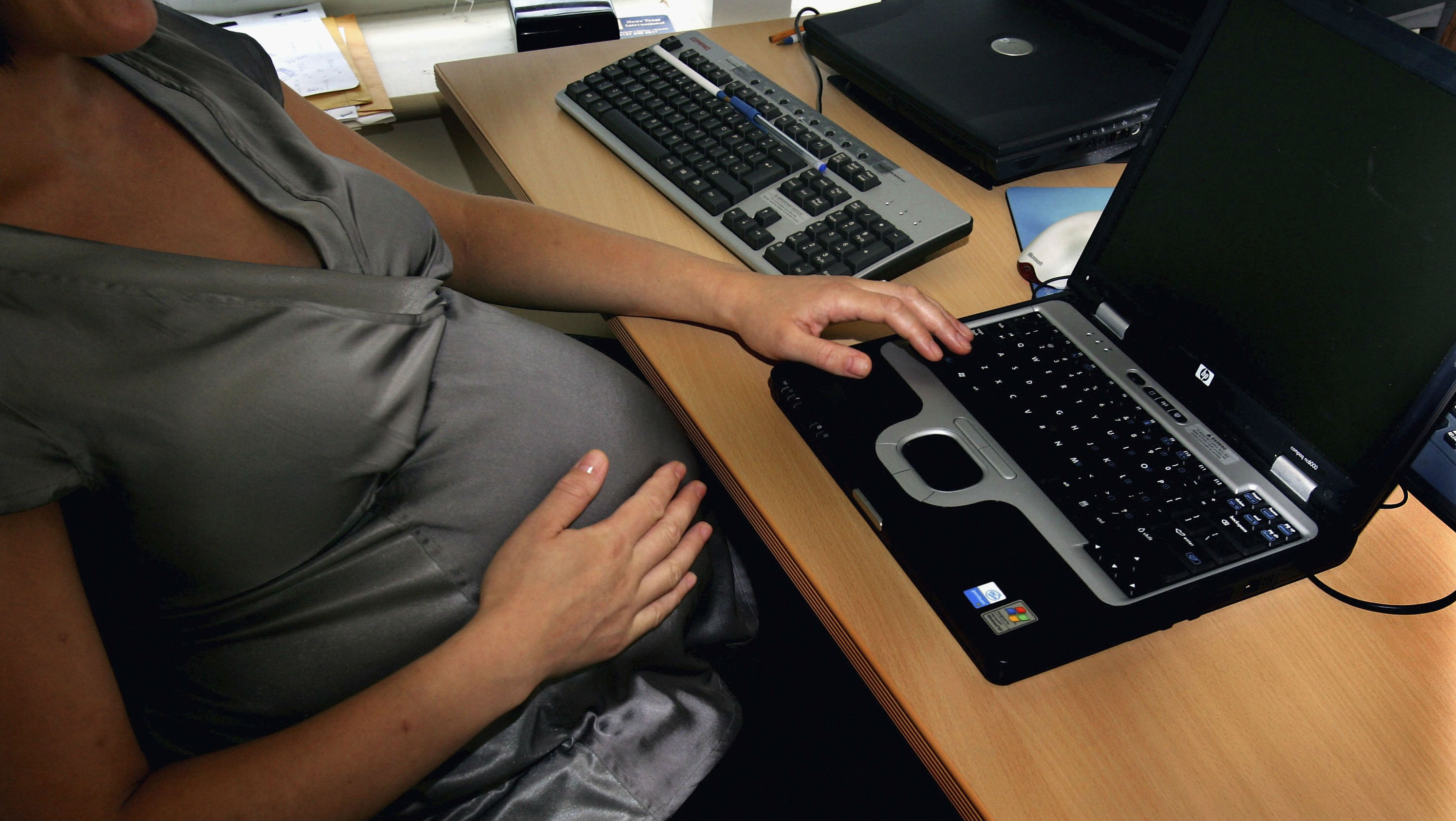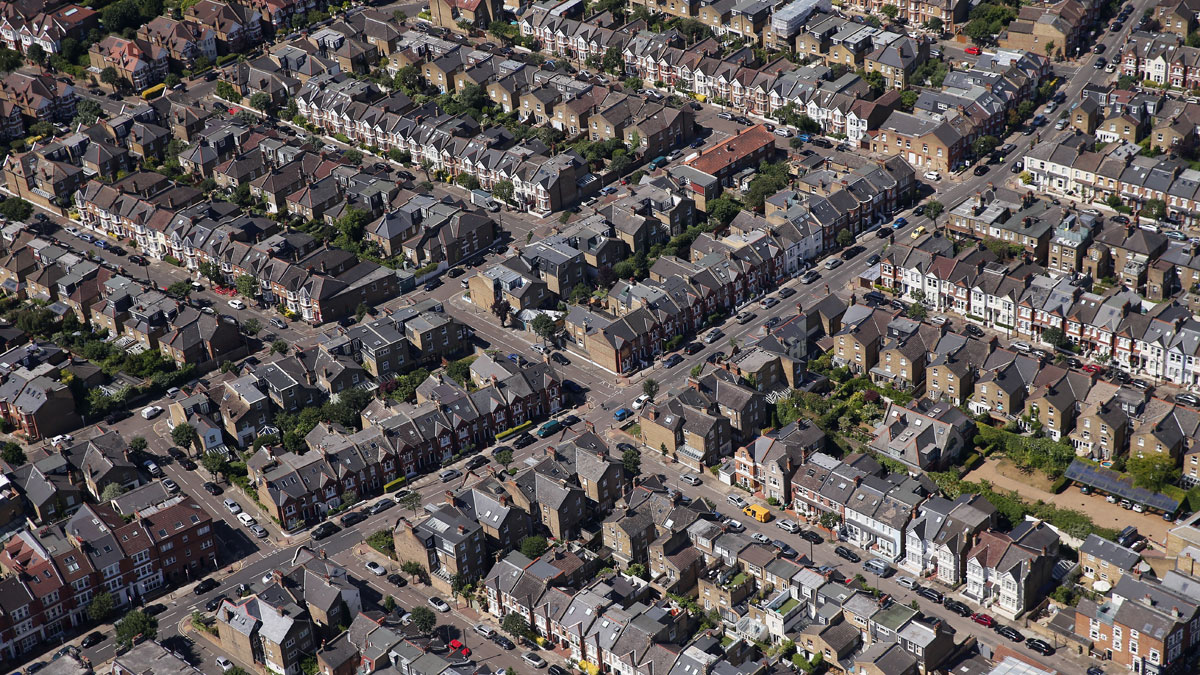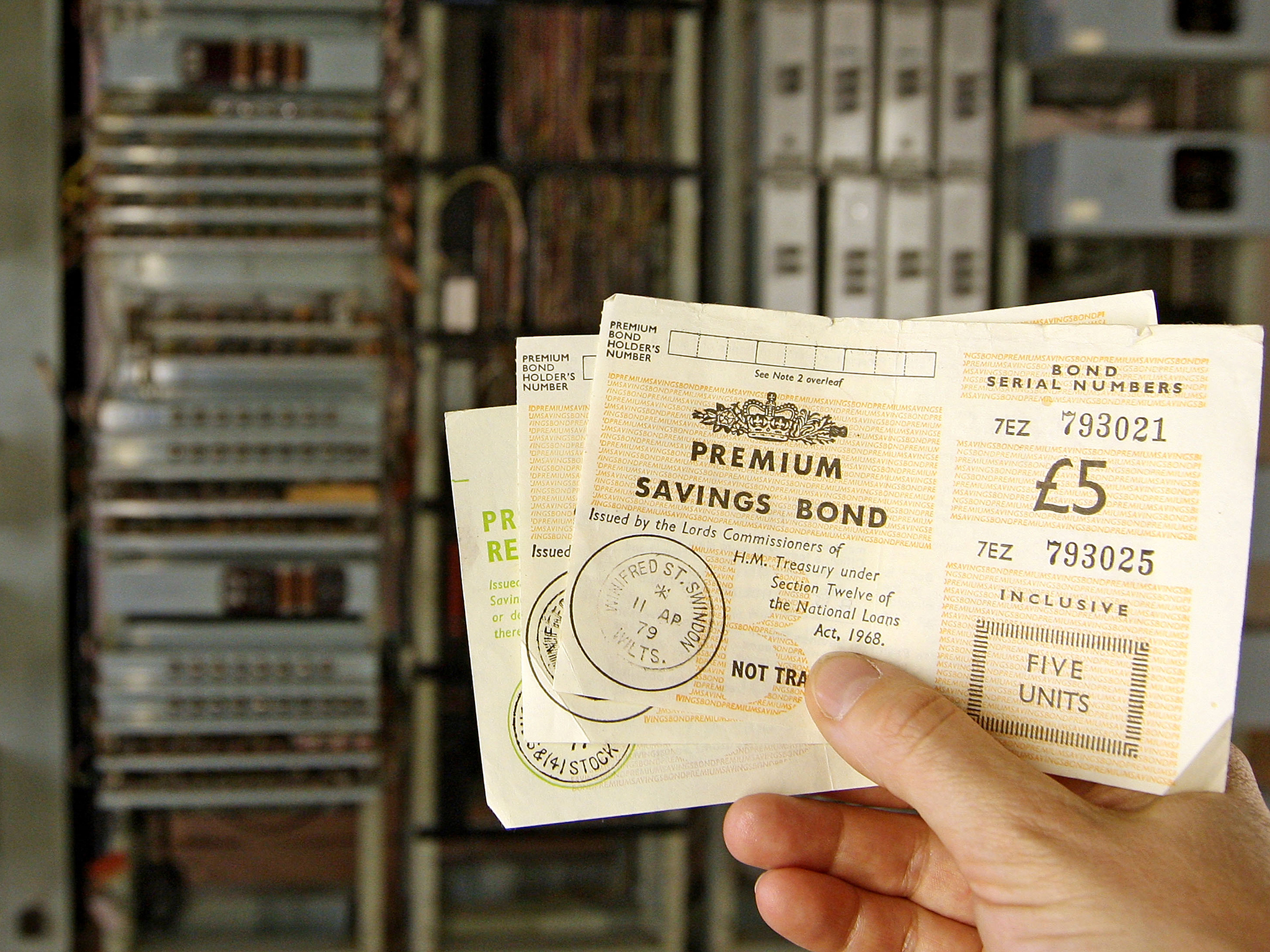UK women earn 18 per cent less than men
Institute for Fiscal Studies shows gender pay gap widens substantially in the years after a woman gives birth

A free daily email with the biggest news stories of the day – and the best features from TheWeek.com
You are now subscribed
Your newsletter sign-up was successful
UK women earn on average 18 per cent less per hour than men, according to a major study of the gender pay gap.
The report from the Institute for Fiscal Studies, funded by the Joseph Rowntree Foundation, shows that while the average hourly wage gap has narrowed from 28 per cent in 1993, it has effectively remained the same among graduates for the past 20 years.
There is also a widening discrepancy between male and female wages after childbirth, with the gap growing consistently in the 12 years after a child is born to reach 33 per cent.
The Week
Escape your echo chamber. Get the facts behind the news, plus analysis from multiple perspectives.

Sign up for The Week's Free Newsletters
From our morning news briefing to a weekly Good News Newsletter, get the best of The Week delivered directly to your inbox.
From our morning news briefing to a weekly Good News Newsletter, get the best of The Week delivered directly to your inbox.
Report co-author Robert Joyce said the overall narrowing was "the result of more women becoming highly educated, and a decline in the wage gap among the lowest-educated".
The wider disparity after childbirth was attributed to mothers missing out on promotions or accumulating less labour market experience, partly because many choose to return part time.
TUC general secretary Frances O'Grady told the BBC : "It is scandalous that millions of women still suffer a motherhood pay penalty.
"Many are forced to leave better-paid jobs due to the pressure of caring responsibilities and the lack of flexible working."
A free daily email with the biggest news stories of the day – and the best features from TheWeek.com
Separate research commissioned by the Chartered Management Institute found men are 40 per cent more likely to be promoted into management roles than women, which it says is the key reason behind the stubborn gender pay gap.
Mark Crail, a content director at XpertHR, which carried out the study, said: "The gender pay gap is not primarily about men and women being paid differently for doing the same job.
"It's much more about men being present in greater numbers than women the higher up the organisation you go.
"Our research shows that this gap begins to open up at relatively junior levels and widens - primarily because men are more likely to be promoted."
-
 Crisis in Cuba: a ‘golden opportunity’ for Washington?
Crisis in Cuba: a ‘golden opportunity’ for Washington?Talking Point The Trump administration is applying the pressure, and with Latin America swinging to the right, Havana is becoming more ‘politically isolated’
-
 5 thoroughly redacted cartoons about Pam Bondi protecting predators
5 thoroughly redacted cartoons about Pam Bondi protecting predatorsCartoons Artists take on the real victim, types of protection, and more
-
 Palestine Action and the trouble with defining terrorism
Palestine Action and the trouble with defining terrorismIn the Spotlight The issues with proscribing the group ‘became apparent as soon as the police began putting it into practice’
-
 How women can bridge the gender pension gap
How women can bridge the gender pension gapIn Depth New figures have shown the extent of the problem for women in retirement years
-
 Brits keeping 21 million ‘money secrets’ from friends and family, survey reveals
Brits keeping 21 million ‘money secrets’ from friends and family, survey revealsSpeed Read Four in ten people admit staying quiet or telling fibs about debts or savings
-
 London renters swap cramped flats for space in suburbia
London renters swap cramped flats for space in suburbiaSpeed Read New figures show tenants are leaving Britain's cities and looking to upsize
-
 Should the mortgage holiday scheme have been extended?
Should the mortgage holiday scheme have been extended?Speed Read Banks warn that some homeowners may struggle to repay additional debt
-
 RBS offers coronavirus mortgage holidays
RBS offers coronavirus mortgage holidaysSpeed Read Taxpayer-owned bank follows measures taken in virus-struck Italy
-
 What are the changes to National Savings payouts?
What are the changes to National Savings payouts?Speed Read National Savings & Investments cuts dividends and prizes for bonds
-
 China clears path to new digital currency
China clears path to new digital currencySpeed Read Unlike other cryptocurrencies, Beijing’s would increase central control of the financial system
-
 Why are donations surging to the RNLI?
Why are donations surging to the RNLI?Speed Read Charity enjoys flood of funding after criticism for overseas work